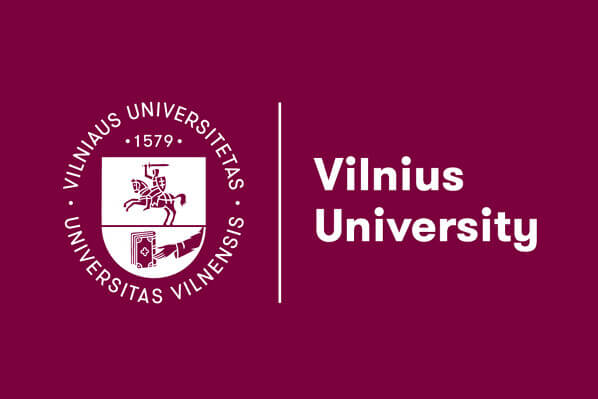STATUS
College
Activities
Democracy
Gender equality
Human rights
Innovation
Integration
Intercultural dialogue
Leadership
description
Vilnius University (Lithuanian: Vilniaus universitetas) is a public research university, oldest in the Baltic states and in Northern Europe outside the United Kingdom. Today it is Lithuania's leading academic institution, ranked among the top 400 (QS) or top 800 (ARWU) universities worldwide. As of 2022 QS ranks VU as 8th in CEE (ex. Russia); an ARWU equivalent would be 11th.
The university was founded in 1579 as the Jesuit Academy (College) of Vilnius by Stephen Báthory, Grand Duke of Lithuania and King of Poland. It was the third oldest university (after the Cracow Academy and the Albertina) in the Polish?Lithuanian Commonwealth. Due to the failure of the November Uprising (1830?1831), the university was closed down and suspended its operation until 1919. In the aftermath of World War I, the university saw failed attempts to restart it by the local Polish Society of Friends of Science in Wilno (1915 and November 1918), Lithuania (December 1918) and invading Soviet forces (March 1919). It finally resumed operations as Stefan Batory University in Poland (August 1919), a period followed by another Soviet occupation in 1920, and the less than two years of the Republic of Central Lithuania, incorporated into Poland in 1922. Following the Soviet invasion of Poland in September 1939, the university was briefly administered by the Lithuanian authorities (from October 1939), and then after Soviet annexation of Lithuania (June 1940), punctuated by a period of German occupation after Operation Barbarossa, from 1941 to 1944, when it was administrated as the Vilnius State University. In 1945, the Polish community of students and scholars of Stefan Batory University was transferred to Nicolaus Copernicus University in Toruń. After Lithuania regained its independence in 1990, following the dissolution of the Soviet Union, it resumed its status as one of the prominent universities in Lithuania.
Experience in the implementation of educational projects aimed at young people
In modern times, the university still offers studies with internationally recognized content. There are 3 Bachelor and 16 Master study programs in English.
The Senate of Vilnius University during the celebration of the beginning of the study year
As of 1 March 2020, there were 19,996 students attending Vilnius University
Vilnius University is ranked 423 among World top universities by 2021 QS World University Rankings. In 2020 QS WU Rankings by Subject, Vilnius University is ranked 201?250 in Linguistics and 251?300 in Physics and Astronomy. In QS rankings of Emerging Europe and Central Asia, Vilnius University is ranked 18. Vilnius University is ranked 635 in the world by Best Global Universities Rankings by U.S. News & World Report
Recent and ongoing projects at Vilnius University include:
European Network of Research Ethics and Research Integrity. European Ethics and Research Integrity Network. E. Gefenas (Faculty of Medicine). 2016?2019.
EU-STRAT - The EU and Eastern Partnership Countries: An Inside-Out Analysis and Strategic Assessment (EU-STRAT) (Institute of International Relations and Political Science). R.Vilpišauskas. 2016?2019.
"Research Infrastructure Action: Integrated European Laser Laboratories (LaserLab-Europe)". Prof. A. Piskarskas (Faculty of Physics). 2004?2007.
"Nanotechnology and nanoscieces, knowledge-based multifunctional materials, new production processes and devices: Cell Programming by Nanoscaled Devices (CellPROM)". Prof. A. Kareiva (Faculty of Chemistry). 2004?2009.
Advanced European Infrastructures for Detectors at Accelerators - AIDA-2020 (Institute of Applied Research, Faculty of Physics). J.V.Vaitkus, G. Tamulaitis. 2015?2019.
"Citizens and governance in a knowledge-based society: Social Inequality and Why It Matters for the Economic and Democratic Development of Europe and Its Citizens. Post-Communist Central and Eastern Europe in Comparative Perspective (EUREQUAL)." Doc. A. Povili?nas (Faculty of Philosophy). 2006?2009.
"Science and Society: Genomics and Benefit Sharing with Developing Countries - From Biodiversity to Human Genomics (GenBenefit)". Doc. E. Gefenas (Faculty of Medicine). 2006?2009.
Address
3 Universiteto St.
LT-01513
Vilnius
LithuaniaBack to list

